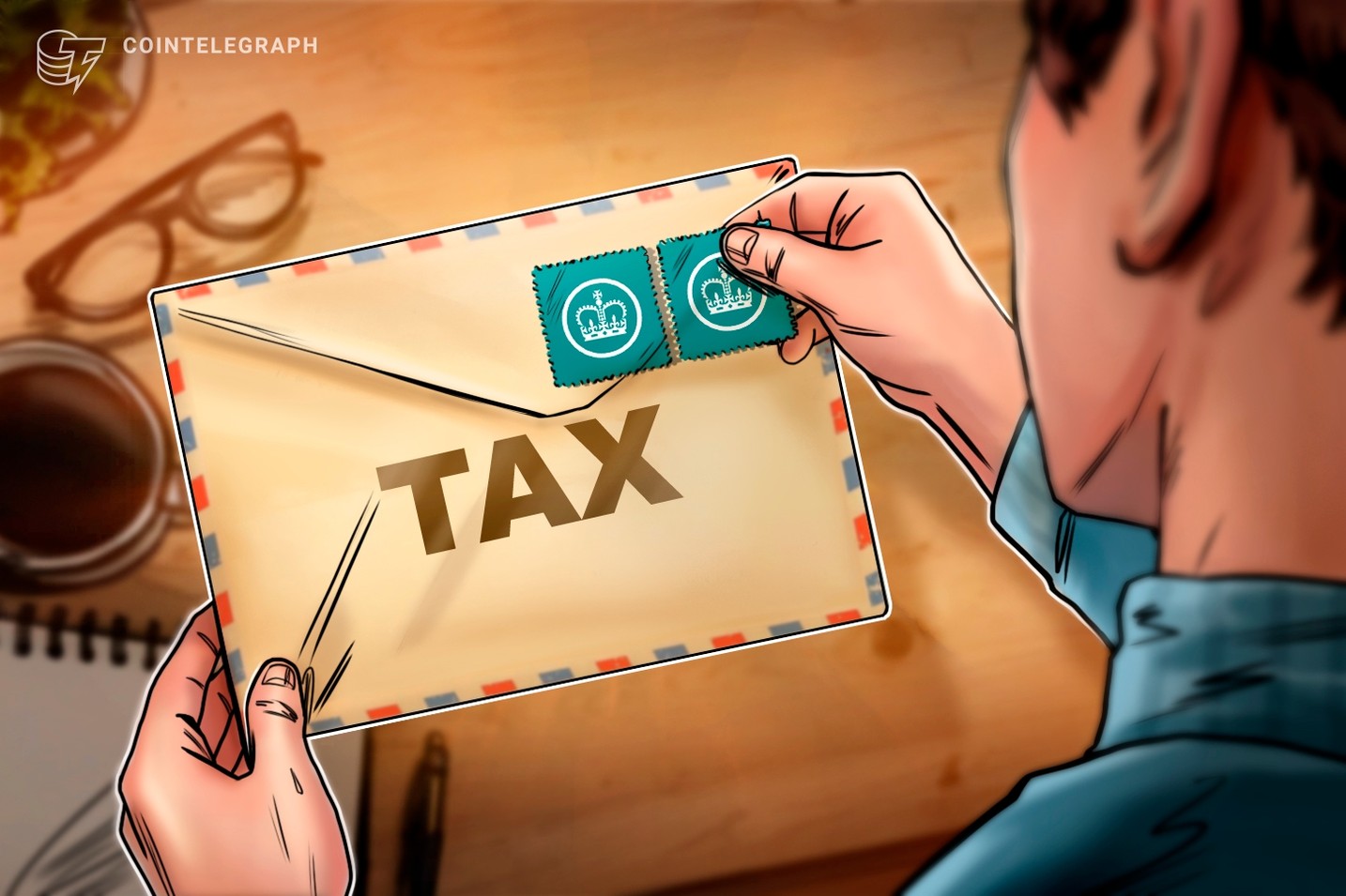
UK cryptocurrency investors may still need to pay taxes despite not receiving warning letters from HM Revenue & Customs (HMRC), especially as the agency enhances efforts to monitor undeclared digital asset income.
Last week, the Financial Times disclosed that HMRC had sent out nearly 65,000 “nudge letters” in the 2024–25 tax year, significantly increasing from the previous year’s count. These letters encourage investors to examine their filings and voluntarily report crypto-related gains before audits commence.
However, tax professionals caution that just because an investor hasn’t received a letter, it doesn’t mean they are safe from scrutiny.
“Not reporting cryptocurrency activities to HMRC is illegal, regardless of whether you have been contacted yet,” Andrew Duca, founder of the crypto tax platform Awaken Tax, mentioned in a statement to Cointelegraph. “Thus, not having received a warning letter this year should be seen as a prompt to act rather than a green light.”
Duca pointed out that HMRC usually detects noncompliance by evaluating discrepancies among bank transactions, exchange data, and self-assessment forms. Such inconsistencies, including unreported deposits or transfers, could lead to letters or formal inquiries.
Investors with higher earnings or significant on-chain assets are more likely to be identified as data exchanges between regulators intensify.
HMRC Intensifies Crypto Oversight
Exchanges in the UK, along with those providing services for UK customers internationally, must legally share transaction information with HMRC. Starting in 2026, thanks to the OECD’s Crypto-Asset Reporting Framework (CARF), HMRC will obtain automated access to information from global trading platforms.
Duca advised, “It’s much wiser to proactively report your activities rather than wait for HMRC to reach out.”
He emphasized that crypto transactions incur tax liability not just when digital assets are converted to pounds but also when tokens are exchanged or yield is generated through staking, airdrops, or yield farming. The only instances exempt from taxation are purchases made with fiat money or transfers to personal wallets.
To determine gains, HMRC utilizes a three-tier “spooling” method, assessing trades from the same day first, then those within a 30-day period, followed by an average cost approach for older transactions. This method can become intricate for active traders, prompting Duca to suggest utilizing specialized tax software for crypto reporting.
Steps for Recipients of HMRC Letters
Duca recommends that any investors who receive communication from HMRC should seek immediate professional assistance. Specialized accountants can facilitate the preparation of accurate transaction records and negotiation with tax authorities in the event of underreported payments. Ignoring the communication could lead to penalties or further investigation.
“Employing crypto tax software can also generate precise reports of all your activities efficiently,” Duca added. “Finally, it’s essential to be ready to remit any taxes owed.”
Duca further noted that decentralized exchanges (DEXs) and cold wallets are also subject to HMRC’s reporting stipulations. Investors are obligated to report all DEX trades, cold wallet activities, and hot wallet transfers.
In the United States, discussions are ongoing among lawmakers regarding potential revisions to crypto tax policies, aiming to clarify exemptions for minor transactions and how to categorize income from staking services. During a recent Senate Finance Committee meeting, the classification of ordinary crypto payments as capital gains tax and the treatment of staking rewards were debated. Lawrence Zlatkin, Coinbase’s vice president of tax, advocated for a de minimis exemption for crypto transactions beneath $300.



